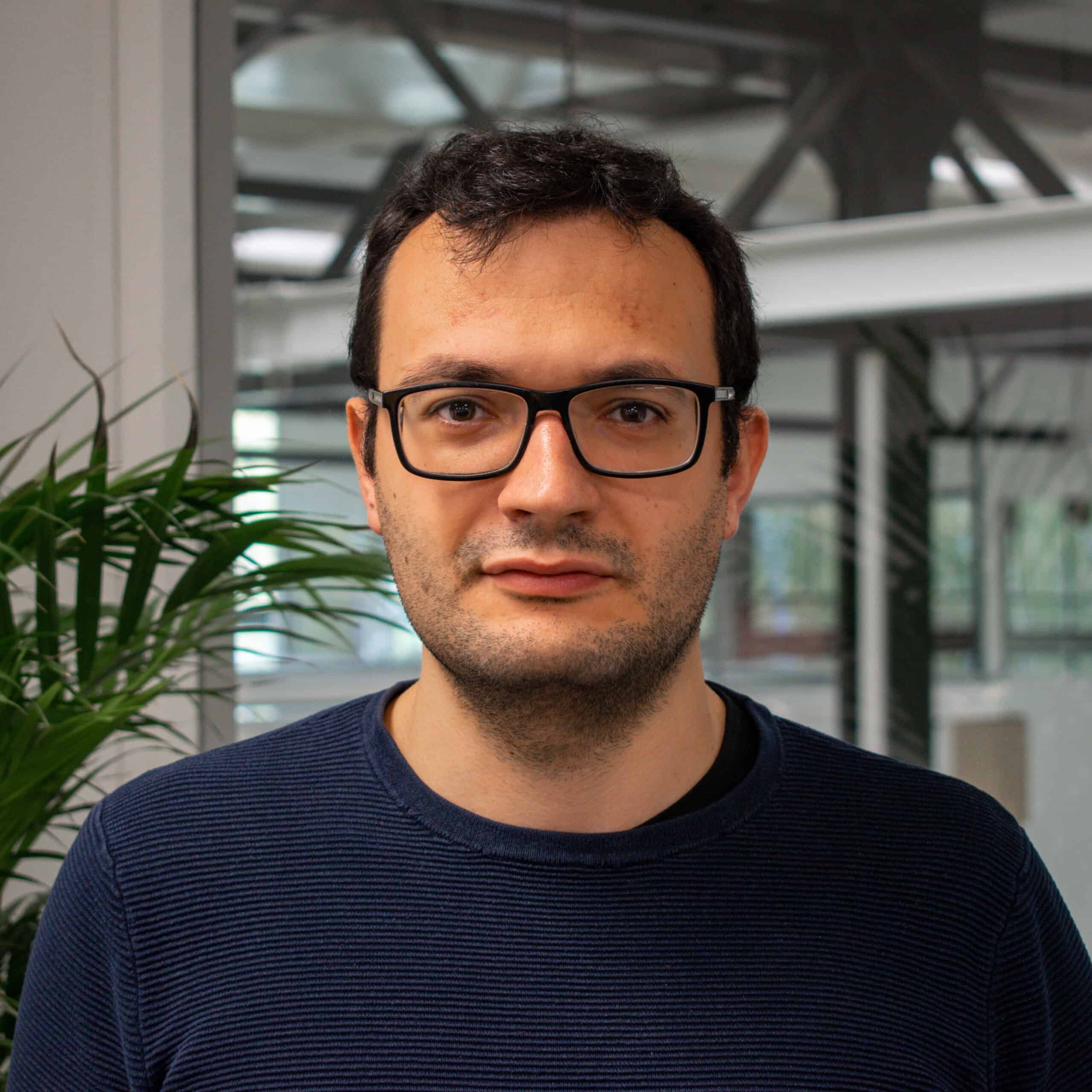
Britain rejoins the European Union research programs, regaining access to funds and easier international collaborations. From January 1, 2024, UK scientists can apply again for the research and innovation funds Copernicus and Horizon Europe – the largest scientific fund in the world – again, after three years of exclusion.
- UK researchers can apply for EU research funds again.
- UK scientists can access again Horizon Europe, the world’s largest scientific fund.
- The deal involves the Copernicus program, too, but excludes Euratom.
One of the advocates for rejoining the program, Nobel Laureate Paul Nurse, was very happy about the news. “I am thrilled to finally see that partnerships with EU scientists can continue. This is an essential step in rebuilding and strengthening our global scientific standing,” he told the BBC.
Oxford impact
The announcement comes as a relief for the UK scientists, who had to deal with uncertainty about their work over the past few years. The UK is home to many of the top research institutions in the world, such as Cambridge and Oxford universities, and the Imperial College of London. Overall, the UK got €1.7 billion, more than any other single country, receiving even more awards than German institutions, at the forefront of European research.
“Everyone stands to gain from the new Horizon deal, which will facilitate increased opportunities for international collaboration on setting the scientific agenda, powering fresh discoveries and breakthroughs on issues affecting us all, including disease, climate change, and AI,” said Professor Irene Tracey, Vice Chancellor of the University of Oxford.
In the previous Horizon 2020 program – spanning from 2014 to 2020 – Oxford University received the most funding of any other British university. Through this money, a Typhoid Vi-conjugate vaccine was developed and rolled out, as well as new models of automated speech recognition and language learning tools.

The deal
Although agreeing an associate membership within the Brexit deal, British researchers have been cut off from the funding because of a disagreement over the Northern Ireland Protocol. The recently signed agreement does not involve the EU’s Euratom research scheme, as the country is set to pursue its domestic nuclear fusion strategy.
Rejoining the EU research consortia comes with a cost for the UK, which agreed to pay €2.6 billion per year to participate in both the Horizon and the Copernicus schemes, said the European Commission (EC). British Prime Minister Rishi Sunak told reporters that the UK took the time to negotiate the right deal in the best interest of the researchers, scientists, and taxpayers.
The EC defined the deal as “beneficial to both” and will allow the two to deepen their “relationship in research, innovation and space, bringing together research and space communities.”
Horizon and Copernicus
Horizon Europe is the EU’s funding program for research and innovation projects for the years 2021 to 2027. With a €95.5 billion budget, it is the world’s largest transnational research and innovation initiative. The program aims to tackle climate change, help achieve Sustainable Development Goals and boost the EU’s competitiveness and growth. Horizon Europe also facilitates collaboration and strengthens the impact of research in developing, supporting, and implementing EU policies.
Copernicus is the EU’s Earth Observation program, it consists of a set of systems collecting data from multiple sources: satellites, ground stations, as well as airborne and seaborne sensors. Copernicus services address six thematic areas: land, marine, atmosphere, climate change, emergency, and security. This program has a €9 billion budget.
Making up for the lost ground
In the years without European money, the UK government stepped in to provide funding, albeit without guaranteeing the same support as the EU did. British scientists could still partner up with their European homologs in these three years of black-out. However, they could not lead any program.
Brussels and London are confident that the UK can return to its leading position in a few years, by reestablishing its network of collaborations across the continent. However, the damage was very severe, and a lot of time will pass before making up for the lost ground, according to Prof Sir John Hard, a neurogeneticist at the University College London.
“We have not been part of the great science that Horizon funds, and we have lost the trust of European colleagues. Will we leave Horizon again in the future, they might ask. Many scientists simply left the UK and, post-Brexit, moving between the UK and labs in the EU has become a slow, costly, bureaucratic nightmare,” he told the Observer.

Competitiveness for the future
For the EU, clinching the deal is really crucial, too. Having British scientists back on board will increase the whole research’s strength and competitiveness of the continent. Solid research results in a strong innovation attitude, which will help Europe fight the challenges of our time.







